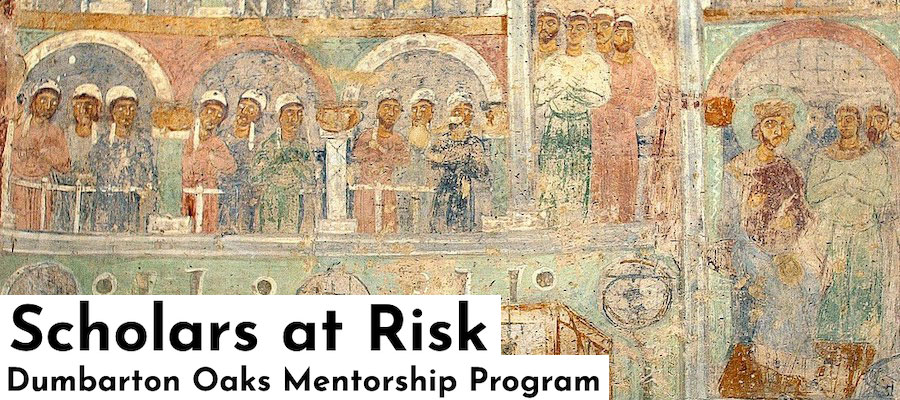Applications are invited for a remote four-session mentorship program tailored to East-Central European scholars, with a special focus on those affected by the ongoing conflict in Ukraine. This program is meant to offer professional development and workshop opportunities around the following topics:
- Publishing in top academic journals and books
- Writing successful grant applications
- Preparing successful job documents
- Presenting at conferences
Each professional development event will include presentations from experts and opportunities for Q&A and feedback. These events will be followed by one-on-one mentoring sessions, which are intended to expand on the feedback received, while offering additional tailored guidance for each participant. There might be the possibility for an in-person gathering of all participants upon the completion of the program.
The four sessions will take place in Fall of 2024 (September-November) and Spring of 2025 (February-April). Participants must attend all workshops and mentoring sessions to complete the program successfully. Upon completion, each participant will receive a certificate.
The successful applicants should be advanced PhD candidates (within 1 year of completion of their degrees) or junior-level scholars (up to 5 years since graduation with a doctoral degree).
We encourage historians and art historians with a specialty in the medieval or early modern visual culture of East-Central Europe to apply to this program. Preference will be given to scholars whose work has been disrupted by the ongoing conflict in Ukraine. We also welcome applicants from East-Central European countries (including but not limited to Albania, Belarus, Bosnia and Herzegovina, Bulgaria, Croatia, Czechia, Estonia, Hungary, Kosovo, Latvia, Lithuania, Moldova, Montenegro, North Macedonia, Poland, Romania, Serbia, Slovakia, Slovenia) who have been traditionally underrepresented in Anglo-American academic circles. We anticipate selecting 6-8 participants for this program.
The program is co-organized with North of Byzantium and Connected Central European Worlds, 1500-1700.
